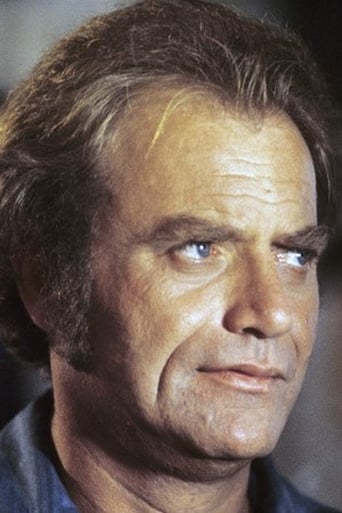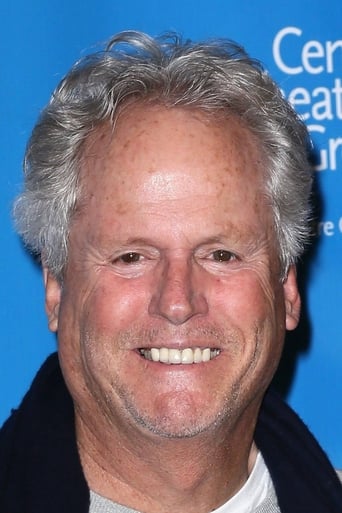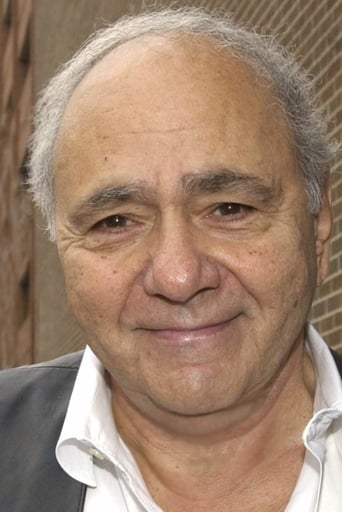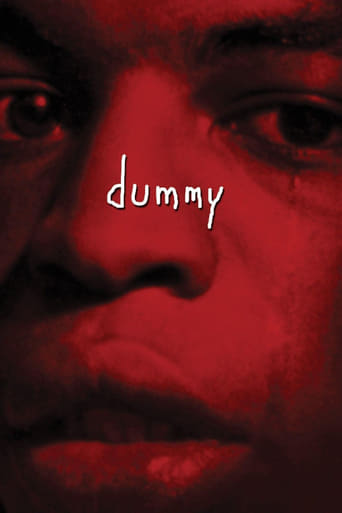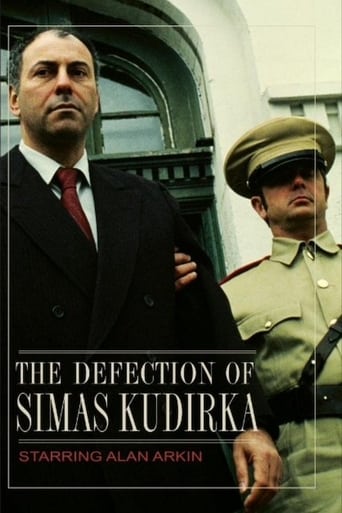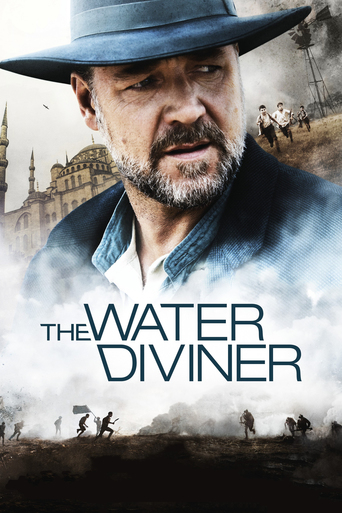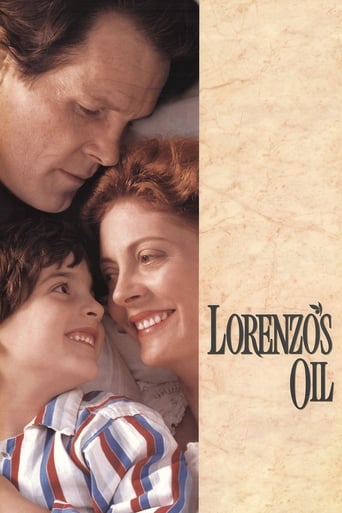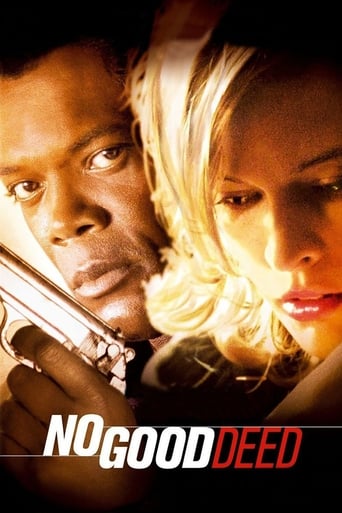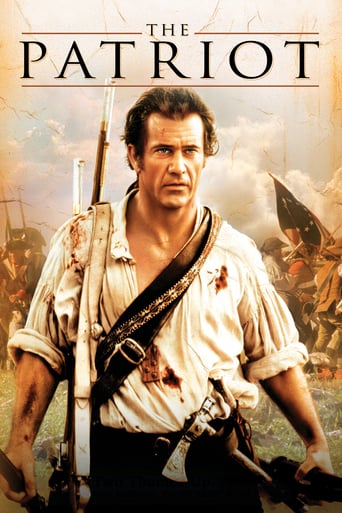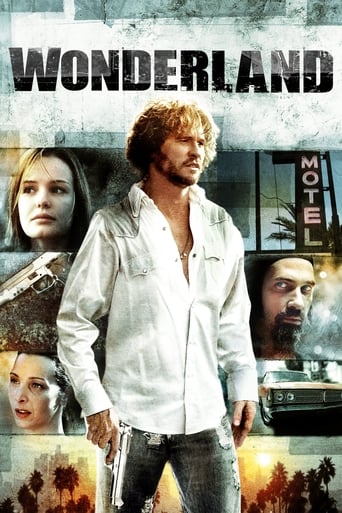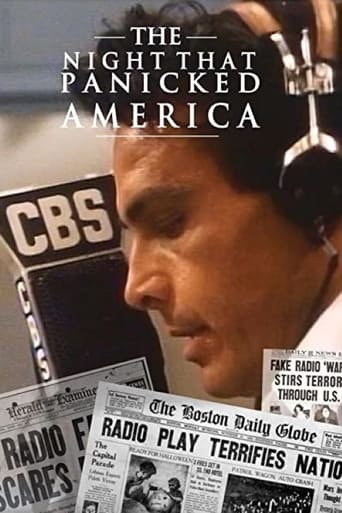
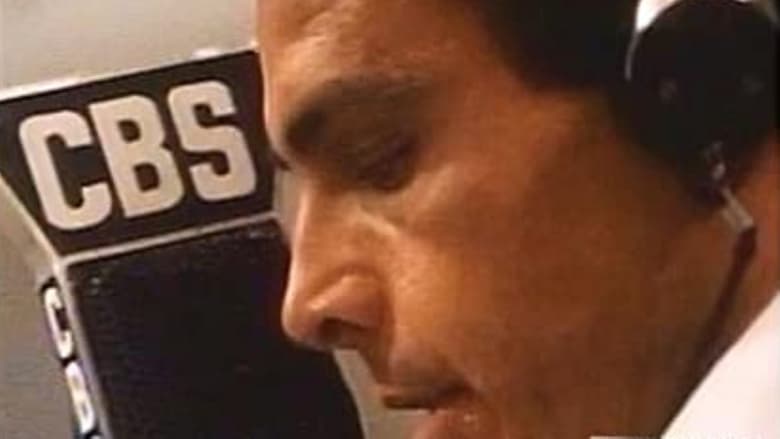
The Night That Panicked America (1975)
A dramatization of the Oct. 30, 1938 mass panic that Orson Welles' radio play, "The War of the Worlds" accidentally provoked.
Watch Trailer
Cast
Similar titles
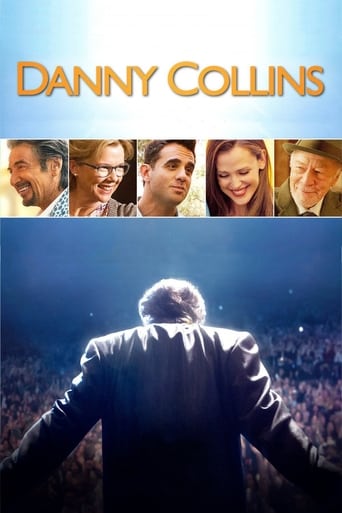
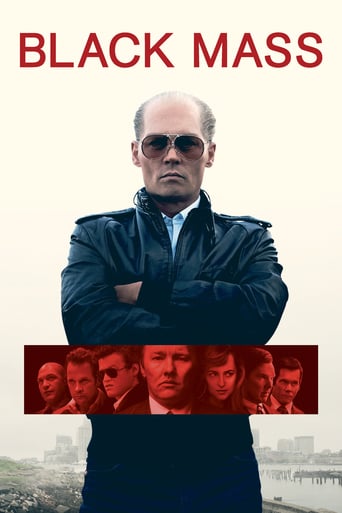
Reviews
Good story, Not enough for a whole film
Excellent adaptation.
Pretty good movie overall. First half was nothing special but it got better as it went along.
It's complicated... I really like the directing, acting and writing but, there are issues with the way it's shot that I just can't deny. As much as I love the storytelling and the fantastic performance but, there are also certain scenes that didn't need to exist.
In October of 1938, the world was on the brink of war and in the midst of a depression. People were frightened about the present an frightened about the future. One part of this movie, at least, is about fear - the fear felt by people facing tough situations and how easy it is to tap into that fear."The Night That Panicked America" is the story (accurately told for the most part) of the night of October 30, 1938. The CBS Radio Network and Orson Welles broadcast their version of H.G. Wells' "The War Of The Worlds." Largely taking the form of news broadcasts, and with people tuning in and out and not necessarily catching the disclaimer at the start, panic began to spread, as people heard the fake news reports and actually believed that Martians were attacking. The portrayal of mass hysteria is very interesting; how easy it was to convince people that this was real was actually rather frightening. I've seen estimates that about 6 million people heard the broadcast, 1.7 million of them believed it and 1.2 million were actually very frightened by what they thought was happening. Fascinating to think how easily manipulated the masses could be by someone deliberately setting out to do it - and, in 1938, CBS wasn't setting out to manipulate; they were just setting out to entertain with a scary Halloween Eve broadcast. Fascinating.The other interesting aspect of the movie is the technical side. It was also fascinating to see the re-creation of how a 1938 radio show was put together. That alone made this worthwhile viewing - especially to see what they did for something that we today would think of as being as simple as sound effects.Is this is a great movie? Probably not. It's not exactly what I would call riveting. But it is a good look both at early radio and at the phenomenon of mass hysteria. (7/10)
Today is the 71st anniversary of Orson Welles' radio production of H. G. Wells' "The War of the Worlds" as adapted by Howard Koch for the program "Mercury Theater on the Air". It's also the 30th of my first listening to it on WIBR-AM when I switched between the radio (which had a clear signal) to stereo (which had static making it impossible to hear) back to radio for the last news "bulletins" and the final monologue of Welles. So for the occasion, I decided to rewatch the telemovie, "The Night That Panicked America", especially after listening again to the original radio broadcast this morning. While Koch's script was indeed used for the movie there are some noticeable differences: Koch was not identified in the original radio broadcast, after the initial music of "Ramon Raquello and His Orchestra" the rest of it was not the same as on the program, and Orson here says the network's full name at the end instead of its initials. Anyway, the film goes from the behind-the-scenes before, during, and after the show at CBS to events at various places in the United States where the "invasions" supposedly took place. Much of it is pretty intensely dramatic but there are also some humorous scenes like when reporter "Carl Phillips" is identified as "burned", the person that played him (Granville Van Dusen) is seen looking at a crossword puzzle. That scene in San Francisco with that butler mocking his employer with his take on the Martians was also good for a laugh. Not to mention that water tower scene near the end. But there were some intense ones too like the scenes involving Eileen Brennan and Vic Morrow as a married Jersey couple who panic during the broadcast with their kids in tow or Will Geer as the Presbyterian minister who almost loses it when Cliff DeYoung-whose character is Catholic-rushes back in the church to frantically get Geer's daughter played by Meredith Baxter to marry him. It's also a hoot to see Tom Bosley, who's always Howard Cunningham to me, as a nervous network executive, John Ritter as a farmer boy anxious to fight the Germans, and especially, "American Top 40/America's Top 10" host Casey Kasem as many of the radio play's characters (of course, he introduces the band at the beginning). The same goes for one Burton Gilliam, who I recognized from Blazing Saddles, as a bar patron who knows it's a radio show initially before being fooled and getting arrested. Other nice touches are the way the "aliens" opened their hatch (a jar being opened inside a toilet bowl), seeing that farmer switch from the more popular "Chase and Sanborn Hour"-which starred Edgar Bergen and Charlie McCarthy-because he didn't like the singer showcased, and seeing the "Secretary of Interior" sound just like Roosevelt! (Loved hearing the way the last one just stretch his words!) The best part, however, was seeing the way Orson Welles was portrayed by Paul Shenar as we see him directing from his podium, saying the lines Welles said, and arguing with Bosley about putting that disclaimer on the air during the station break (I happen to think the way they all got excited about where to put the disclaimer was contrived and was probably meant to be there even before the hysteria but it was still a dramatically compelling scene). I've probably said too much so I'll just say that "The Night That Panicked America" comes highly recommended to anyone who loves seeing a behind-the-scenes depiction of a radio program and the events that happened around it.
This film was an excellent portrayal of the radio broadcast and the actor who played Orson Wells did an excellent job. The sound effects at the radio station was unbelievable accurate as to the sound of an alien space craft both landing and the sound of the hatch coming off, very scare as was suppose to happen especially back in the 30's. The acting to go along with the radio broadcast was out of sight. This was a very entertaining movie and i wish it was also available on video as stated by Mike Spangler, if that is not possible than it should be made available to be shown on TV again, so people could record it as I did some years ago, but have a very poor copy of. If this is available to be replayed on TV, than this Halloween should be appropriate to re-broadcast this fine movie
This film was a very entertaining, and historically accurate recreation of Orson Welles' radio program "War of the Worlds", which was based loosely on H G Wells' novel of the same name. It is utterly amazing that so many people believed that this radio drama was real, and the film does an excellent job of dramatizing the reactions of several people who seriously believed that the Earth was being invaded by Martians. What amazes me even more is the fact that no one has made this excellent production available for sale on video. It surely is a marketable product.
